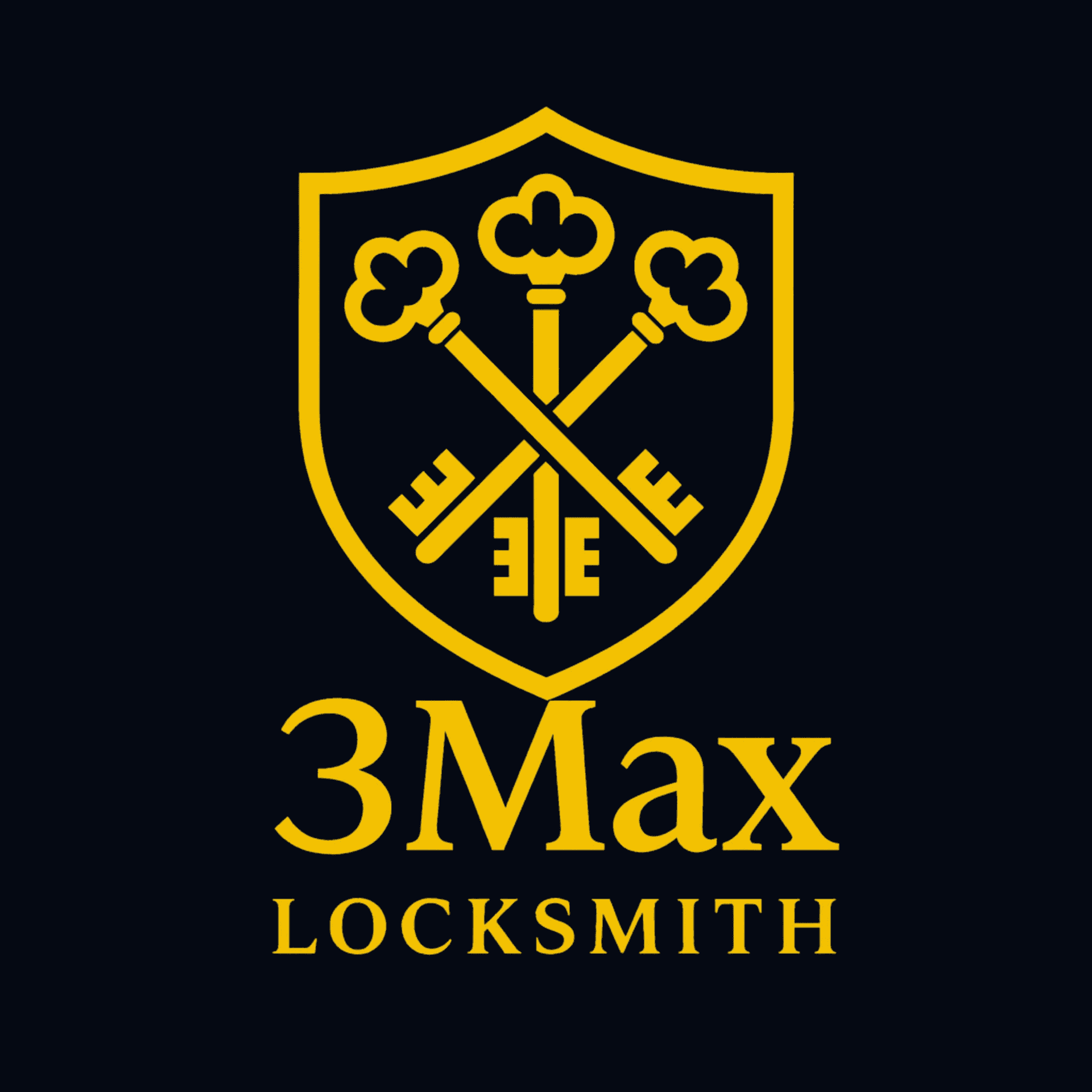Understanding the Different Types of Locks
Introduction to Locks
Locks are an essential part of our daily lives, providing security and peace of mind. From securing our homes to protecting our valuables, understanding the different types of locks can help you make informed decisions about your security needs. In this blog post, we'll explore various types of locks, their uses, and their unique features.
Padlocks
Padlocks are one of the most versatile and portable types of locks available. They come in various sizes and are typically used to secure gates, lockers, and storage units. Padlocks can be classified into two main categories: keyed padlocks and combination padlocks.
Keyed padlocks require a key to open and are known for their durability and security. On the other hand, combination padlocks use a numerical code, making them convenient as they eliminate the need for a key.

Deadbolt Locks
Deadbolt locks are commonly used in residential settings for their high level of security. They are typically installed on exterior doors and provide a strong defense against forced entry. Deadbolt locks come in three main types: single cylinder, double cylinder, and keyless.
A single cylinder deadbolt is operated with a key from the outside and a thumb turn from the inside. In contrast, a double cylinder deadbolt requires a key to operate from both sides, offering extra security but potentially posing a safety risk in emergencies. Keyless deadbolts use electronic keypads or smart technology for added convenience and security.
Knob Locks
Knob locks are another common type of lock found in residential buildings. These locks are integrated into the door knob and are often used in conjunction with deadbolts for added security. While knob locks are convenient, they are generally not recommended as the sole security measure for exterior doors due to their vulnerability to forced entry.

Lever Handle Locks
Lever handle locks are typically used in commercial settings, such as office buildings and public facilities. These locks are easier to operate than knob locks, making them more accessible for individuals with disabilities. Lever handle locks can be used on both interior and exterior doors and are available in various styles and finishes to match any decor.
Mortise Locks
Mortise locks are known for their strength and durability, making them a popular choice for commercial and high-security applications. These locks are installed within a mortise, or pocket, cut into the edge of the door. Mortise locks offer a higher level of security compared to cylindrical locks and come with various features, such as deadbolts and latch bolts.

Smart Locks
Smart locks are the latest innovation in lock technology, offering a blend of convenience and advanced security features. These locks can be operated using smartphones, keypads, or biometric data, such as fingerprints. Smart locks often integrate with home automation systems, allowing you to control and monitor your locks remotely.
Some smart locks also offer features like temporary access codes, activity logs, and integration with virtual assistants like Amazon Alexa or Google Assistant. While smart locks provide numerous benefits, it's essential to ensure they are installed correctly and regularly updated to protect against potential cyber threats.
Conclusion
Understanding the different types of locks is crucial for choosing the right security solution for your needs. Whether you're looking for a simple padlock for your gym locker or a high-tech smart lock for your home, there are plenty of options available to suit your requirements. By familiarizing yourself with the various types of locks and their features, you can make informed decisions to enhance your security and protect your valuables.
